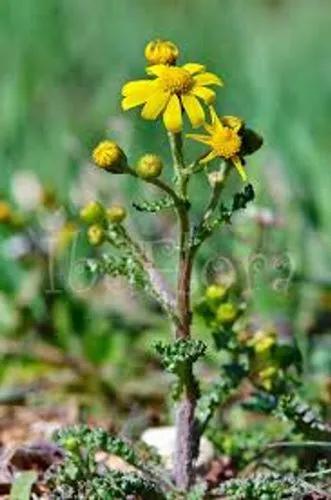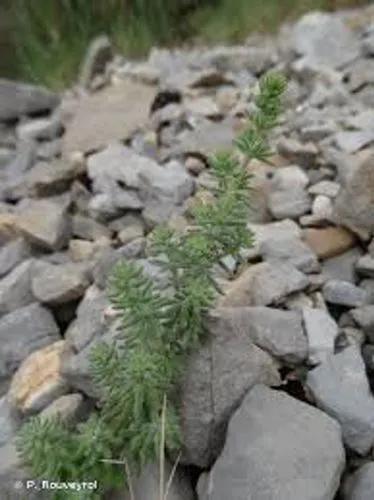Agastache mexicana is a herbacous perennial plant producing a cluster of erect, branched stems from 50 - 150cm tall from slowly-spreading rhizomes.The plant is a popular medicinal herb in Mexico, where it is sold in local markets and also in national markets. The plant is cultivated locally for medicinal use in gardens and also commercially on a small scale both for local use and for sale. The plant is also grown as an ornamental, valued especially for its flowers and their ability to attract bees, butterflies and humming birds to the garden.
Mexican Lemon Hyssop Care
Agastache Mexicana



How to Care for the Plant

Water

Water the plants deeply once or twice every week during the first year, providing enough water to soak the soil to a depth of about 6 inches. Mexican hyssop is drought tolerant once the roots are established. After the first year, water the plant only when the soil is dry or the plant appears wilted.

Pruning

Pinch off blooms as soon as they wilt. This process, known as deadheading, encourages the plant to produce masses of blooms until late autumn. Deadheading also prevents the plant from self-seeding. If you want the plant to self-seed, leave a few blooms on the plant at the end of the growing season.

Fertilizer

Withhold fertilizer, as Mexican hysop performs best in poor, infertile soil. Fertilizer may result in unnaturally tall plants with sparse blooms. Fertilizer also weakens the plant and makes it more prone to damage during the winter.

Sunlight

It cannot grow in the shade.

Soil

Suitable for: light (sandy) and medium (loamy) soils and prefers well-drained soil. Suitable pH: acid, neutral and basic (alkaline) soils.

Temperature

Although given a hardiness rating of 9 in (which means that a plant is not very frost-tolerant), this species is thriving in a sunny bed at Kew Botanical Gardens and so should be hardy to at least zone 7. Another report says that it withstands temperatures down to about -40°c when dormant. Yet another report says that it should succeed outdoors in the milder and drier counties, but that it is not very long-lived

Popularity

37 people already have this plant 12 people have added this plant to their wishlists
Discover more plants with the list below
Popular articles






